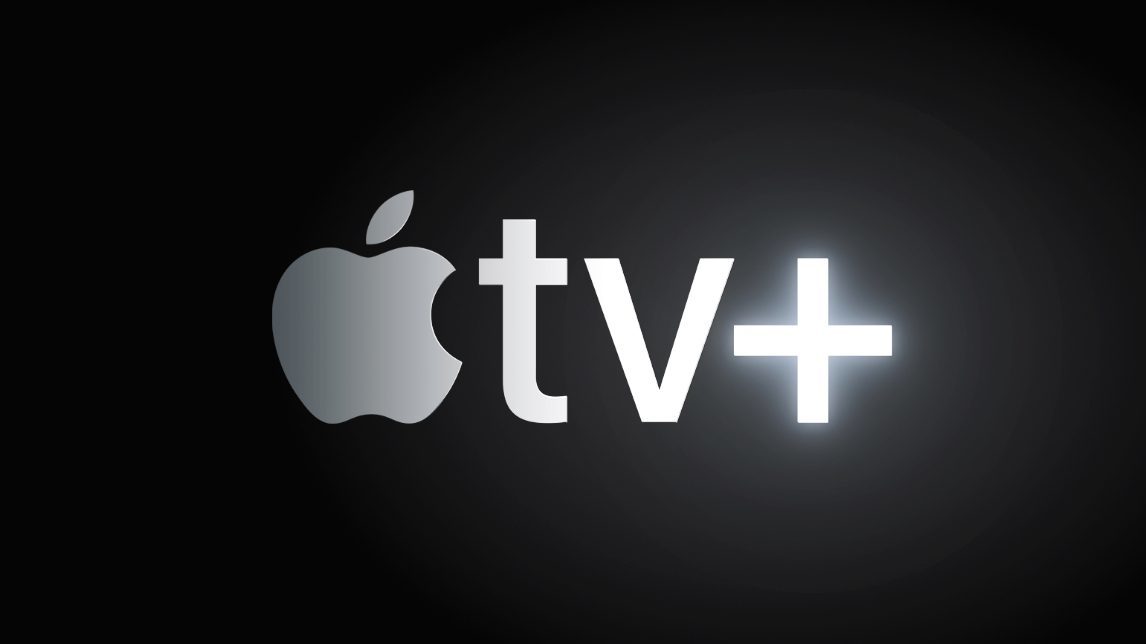Understanding the Mortgage Process: A Step-by-Step Guide
Buying a home is an exciting milestone, but the mortgage process can feel overwhelming if you're unfamiliar with how it works.
Buying a home is an exciting milestone, but the mortgage process can feel overwhelming if you're unfamiliar with how it works. Whether you're a first-time homebuyer or looking to refinance, understanding the mortgage application process and mortgage financing process will help you navigate the journey with confidence.
This guide breaks down each step, providing clear insights to simplify your home loan experience.
What Is the Mortgage Process?
The mortgage process refers to the series of steps a borrower follows to secure a home loan. From pre-approval to closing, each phase ensures you meet lender requirements and legal obligations.
Here’s a breakdown of the key stages:
1. Pre-Approval – The First Step
Before house hunting, getting pre-approved gives you a clear budget. Lenders review your:
-
Credit score
-
Income & employment history
-
Debt-to-income ratio (DTI)
-
Down payment capability
A pre-approval letter strengthens your offer when bidding on a home.
2. Finding the Right Mortgage
Different loan types suit different buyers:
-
Conventional Loans – Ideal for strong credit (5%+ down payment)
-
FHA Loans – Great for first-time buyers (3.5% minimum down)
-
VA Loans – Exclusive to veterans & military (0% down)
-
Fixed vs. Adjustable Rates – Choose stability or flexibility
3. Submitting Your Mortgage Application
The mortgage application process involves:
-
Completing a formal loan application (usually online)
-
Providing financial documents (pay stubs, tax returns, bank statements)
-
Paying an application fee
4. Loan Processing & Underwriting
Once submitted, your lender:
-
Verifies your financial details
-
Orders a home appraisal
-
Conducts a title search
-
Finalizes loan terms
This stage determines final approval.
5. Closing – The Final Step
At closing, you’ll:
-
Sign loan documents
-
Pay closing costs (2-5% of loan value)
-
Receive the keys to your new home!
Common Challenges in the Mortgage Financing Process
While the process is structured, delays can happen due to:
Credit issues – Low scores may require alternative lenders.
Documentation errors – Missing paperwork slows approval.
Appraisal gaps – If a home is undervalued, renegotiation may be needed.
Working with a trusted lender or mortgage broker can help avoid these hurdles.
How to Speed Up Your Mortgage Approval
-
Check your credit early – Fix errors before applying.
-
Get documents ready – W-2s, tax returns, bank statements.
-
Avoid big purchases – New debt can impact your DTI.
-
Respond quickly – Delays happen when lenders wait for your input.
Why Choose Professional Mortgage Assistance?
Navigating the mortgage financing process alone can be stressful. Companies like Aone Outsourcing specialize in streamlining mortgage applications, ensuring faster approvals with minimal hassle. Their experts handle paperwork, lender communications, and compliance checks, making your home buying journey smoother.
Frequently Asked Questions (FAQs)
1. How long does the mortgage process take?
Typically 30-45 days, but delays can extend it to 60 days if documentation or appraisal issues arise.
2. What credit score do I need for a mortgage?
-
Conventional loans: 620+
-
FHA loans: 580+ (500-579 with 10% down)
-
VA loans: No strict minimum (but lenders prefer 620+)
3. Can I get a mortgage with a low down payment?
Yes! FHA loans require just 3.5% down, and some conventional programs allow 3% down for first-time buyers.
4. What’s the difference between pre-qualification and pre-approval?
-
Pre-qualification – A quick estimate (no credit check).
-
Pre-approval – A verified offer (hard credit pull, stronger for sellers).
5. How are mortgage rates determined?
Rates depend on credit score, loan type, down payment, and market trends. Locking a rate early can save money if rates rise.
6. What are closing costs, and can I avoid them?
Closing costs (2-5% of loan value) cover fees like appraisal, title insurance, and lender charges. Some lenders offer no-closing-cost loans, but they may have higher rates.
Final Thoughts
Understanding the mortgage process empowers you to make informed decisions and secure the best loan terms. From pre-approval to closing, each step plays a crucial role in your home buying success.
For a stress-free experience, consider partnering with Aone Outsourcing. Their mortgage experts simplify the mortgage application process, ensuring efficiency and accuracy at every stage.
What's Your Reaction?
 Like
0
Like
0
 Dislike
0
Dislike
0
 Love
0
Love
0
 Funny
0
Funny
0
 Angry
0
Angry
0
 Sad
0
Sad
0
 Wow
0
Wow
0





















































